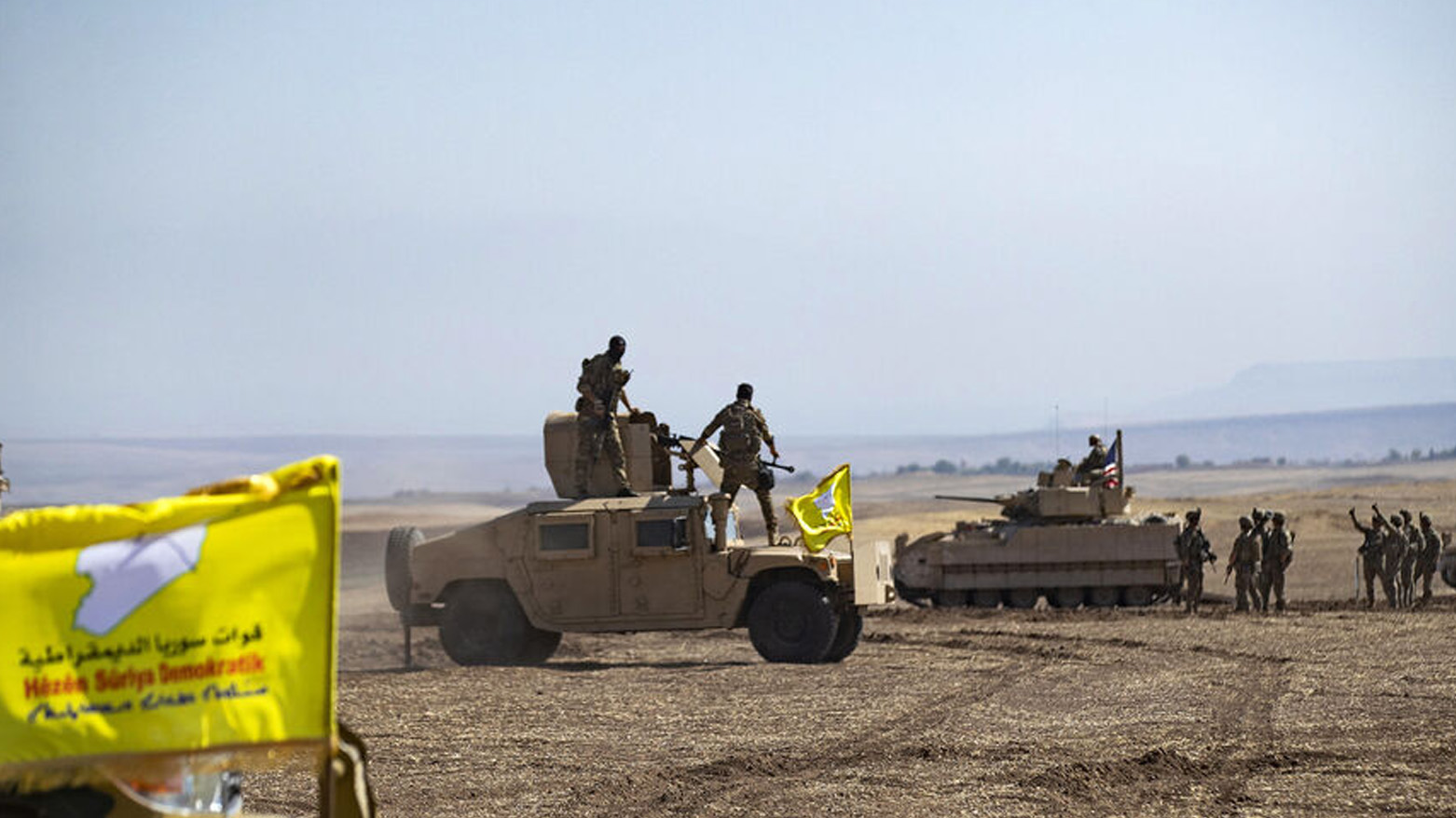SDF Highlights Progress and Challenges in Fight Against ISIS in Western Kurdistan
the start of the Syrian conflict in 2011, the security vacuum has allowed extremist groups—chief among them ISIS—to expand rapidly, turning large parts of Syria and Iraq into strongholds of terror.

ERBIL (Kurdistan24) – The General Command of the Syrian Democratic Forces (SDF) on Sunday issued a detailed statement on recent developments in the ongoing war against ISIS, outlining both achievements and remaining challenges.
Since the start of the Syrian conflict in 2011, the security vacuum has allowed extremist groups—chief among them ISIS—to expand rapidly, turning large parts of Syria and Iraq into strongholds of terror. The group’s brutal campaign of violence, including mass killings, enslavement, and systematic displacement, transformed it into a global threat extending well beyond the Middle East.
In response, the SDF, with the backing of the US-led International Coalition, has been at the forefront of the fight against ISIS. From the pivotal 2014 Battle of Kobani to the liberation of Raqqa, the group’s de facto capital, and ultimately to the fall of its last territorial stronghold in Baghouz in 2019, SDF forces played a decisive role in dismantling the group’s so-called caliphate.
Despite these successes, ISIS continues to pose a threat as it shifts its tactics from open warfare to a covert insurgency. According to the SDF, between December 8, 2024, after the collapse of the Ba'ath regime in Damascus, and September 20, ISIS cells carried out 153 attacks across Northeastern Syria (Western Kurdistan). These included assassinations, ambushes, and other operations designed to destabilize the region and recruit new members.
The SDF noted that its forces, in coordination with the International Coalition, carried out 70 operations against ISIS cells in the past ten months, including three large-scale sweeps. These operations resulted in the arrest of 95 militants, among them three senior leaders, and the killing of six others, including two high-ranking figures. Large caches of weapons, ammunition, and documents were also seized.
However, the campaign has come at a cost. The SDF reported 30 fighters killed, 12 wounded, and six civilians killed in ISIS attacks during the same period.
In its statement, the SDF stressed three key points:
1- ISIS remains an ongoing threat both regionally and globally, requiring constant vigilance.
2- International cooperation is essential, with the SDF calling for greater operational and logistical support from coalition partners.
3- Stability and reconstruction are critical to preventing extremist ideology from regaining ground. Long-term international support, the SDF said, is needed to rebuild liberated areas and offer hope to local populations.
The SDF also underscored the risks posed by the thousands of detained ISIS fighters and their families still held in camps and prisons across the region. Without sustained international coordination, the group warned, the risk of resurgence remains significant.
The statement concluded by honoring the sacrifices of fallen fighters and reaffirming the SDF’s commitment to pursuing the battle against ISIS “until its complete eradication and the achievement of a secure and stable future.”
Statement from the General Command on Developments in the War Against ISIS in North and East Syriahttps://t.co/SAnr9KeeFw pic.twitter.com/xxXAj9GuO5
— Syrian Democratic Forces (@SDF_Syria) September 22, 2025
